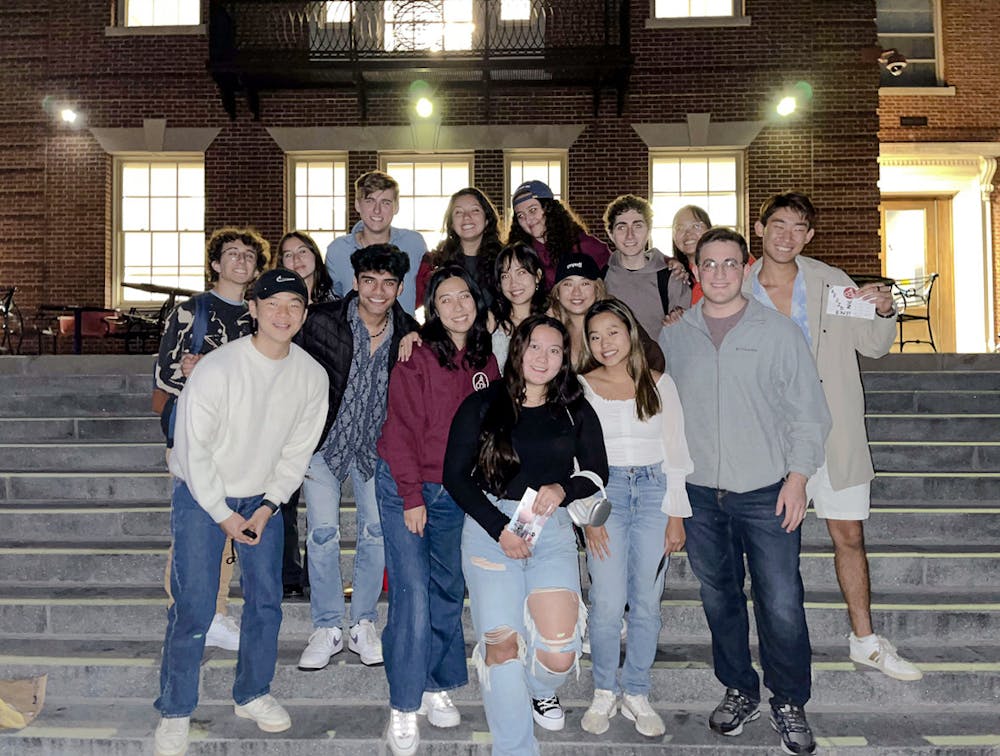The Undergraduate Council of Students announced the results of its first-year election for positions on UCS, the Undergraduate Finance Board, and Class Coordinating Board on Sept. 27, electing ten first-year students into office. Approximately a quarter of all first years, or 772 students from the class of 2026 voted, according to an email sent to first-years from Eli Sporn ’24 and Joon Nam ’23, SGA co-directors.
The Herald spoke to three elected first-year representatives to learn more about what drove them to run for a position, their campaigning strategies and their goals while in office.
Alex Chang ’26, who was elected as the first-year representative for UFB, “knew (he) wanted to take part in student government on campus and … make a positive impact.” After Chang’s acceptance to the University, he knew he “wanted to do something that could help others.” As a first-year student, Chang is hoping to “get a lot of experience getting to know more people and advocate for the students,” he said.
In order to campaign for his position, Chang used social media to “get the word out” and find out what his classmates wanted to see implemented in student government. To establish credibility with his classmates, he said it was important “to connect with others as a leader.”
Also wanting to make an impact on the University, Elijah Harris ’26 decided to run for UCS first-year representative. Harris is one of two UCS first-year representatives, joining Talib Reddik ’26.
“I looked at what the position was and realized … I can do a lot with the position,” Harris said. He campaigned by creating posters that listed all his main points through an infographic.
Reddick also quickly gained interest in running for a position after he looked into University student government opportunities the summer before the semester started.
“I was surprised to see so many people running … at the interest meeting,” Reddick said. “The room was full.”
Both UCS first-year representatives were encouraged by the support they got from their classmates throughout their campaign processes.
“I just tried to talk to as many people as I could when I had the chance to,” Reddick said.
Harris said the campaigning process was “daunting” at the beginning, but he had built meaningful relationships with people and realized he had meaningful connections to spread the word about his vote and candidacy.
Through many “genuine” conversations with classmates during a pre-orientation program and orientation week, Harris also heard “a lot of ideas” of what students wanted implemented at the University, he said. More specifically, Harris hopes to work on sustainable food initiatives through bringing “more vegetables” to campus.
He also wants to work on “more COVID-19 transparency as well as COVID housing because that has been lacking,” he said. Harris said he thinks that there has been a lack of events planned for first-year students, so he hopes to create more “bonding experiences” for his class. Reddick also hopes to address other concerns such as those emanating from the flooding in Keeney in September and increasing transparency with administration.
Reddick said he and Harris sent an anonymous form to the first-year class in order to gain a better understanding of their concerns.
“I’m planning on addressing everything that they mentioned in the form through our Brown first-year Instagram,” he said.





